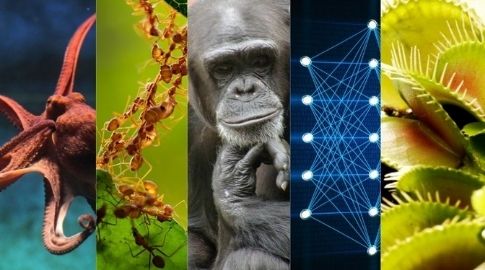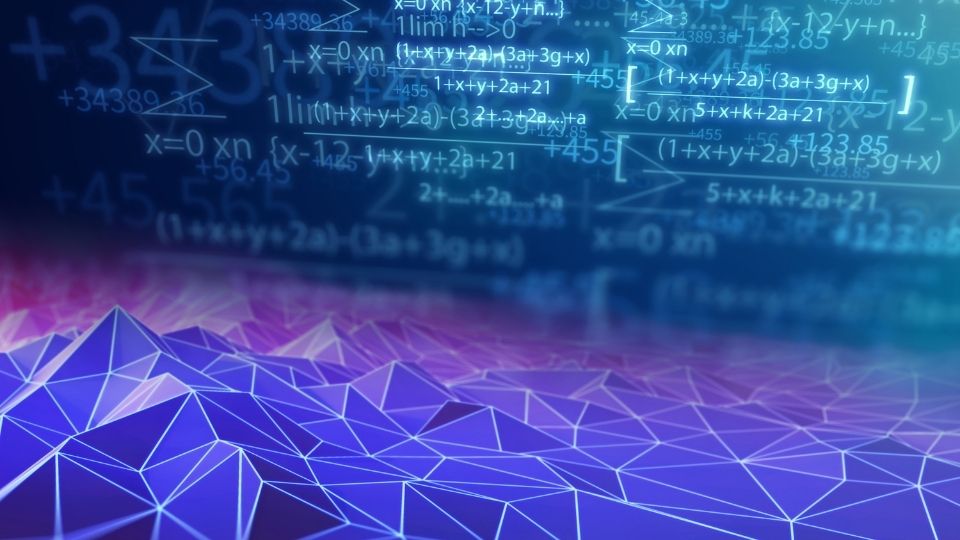QUESTIONS AND DISCIPLINES

What cognitive systems process numerical information?
Is there any evidence of advanced arithmetical notions, such as negative numbers (equations) or prime numbers (divisibility), in systems other than animals with higher cognition? What general informational structures can support arithmetic? Many systems of varying nature seem to process numerosity in some capacity. Is there evidence of any minimal structural requirement linked to numerosity processing? Do emergent dynamical entities, such as solitons or vortices, bridge the discrete and the continuous?

Are numbers in the hand, eye, brain or mind of the beholder?
What adaptive systems select for numerical information in their evolutionary histories? The appearance of distinct, countable individuals seems a universal feature of biological systems and other evolutionary processes. How is numerosity perception related to the individuation process in a population? Numerical cognition has been closely linked to vision, particularly in humans. How does congenital blindness affect the conceptualization of quantity, order and arithmetic? How do non-visual stimuli, such as auditory, tactile or even chemical, shape numerical cognition?

Is the world fundamentally numerical? Does measurement reveal its nature?
In light of the embodied numerical cognition research, is there a place for empirically-informed mathematical Platonism? What experimental designs may test for the hypothetical fundamental numerical or informational nature of physical reality? Are there any formulations of the simulation hypothesis that are empirically falsifiable? What can we learn from the similarity between the operational definition of measurable physical quantities, such as the length of rods, and the axiomatic construction of the rational numbers ℚ?

How formally special is our number system?
From a purely algebraic perspective, how special are ordinary integers ℤ and related structures such as rational, real, complex or cyclic numbers? Within the same mathematical universe as the ordinary integers ℤ, is it conceivable that a different algebraic structure may play an analogous central role in scientific models and experimental measurement? Category theory and diagrammatic calculus are examples of mathematical theories that don’t directly rely on set-theoretic arithmetic. Are there any such mathematical theories that may realistically provide predictive, testable models for science? How would they compare to ordinary models that rely on arithmetic?

What is it like to count?
Many tangible expressions of thought, notably symbolic languages, are countable in nature; however, others, such as spatial navigation, are not. How should this fact inform the construction of models of the mind? Mathematical logic is widely accepted to emerge as a refined form of natural language in humans. How do notions of cardinality or arithmetic appear in natural languages without ties to a mathematical tradition? Is there a relation between having a sense of rhythm and the ability to count? The subjective experience of counting seems to be closely linked to the physical notion of time. How are problems of temporal physics, such as causality, determinism or the arrow of time, related to the conscious experience of telling time?